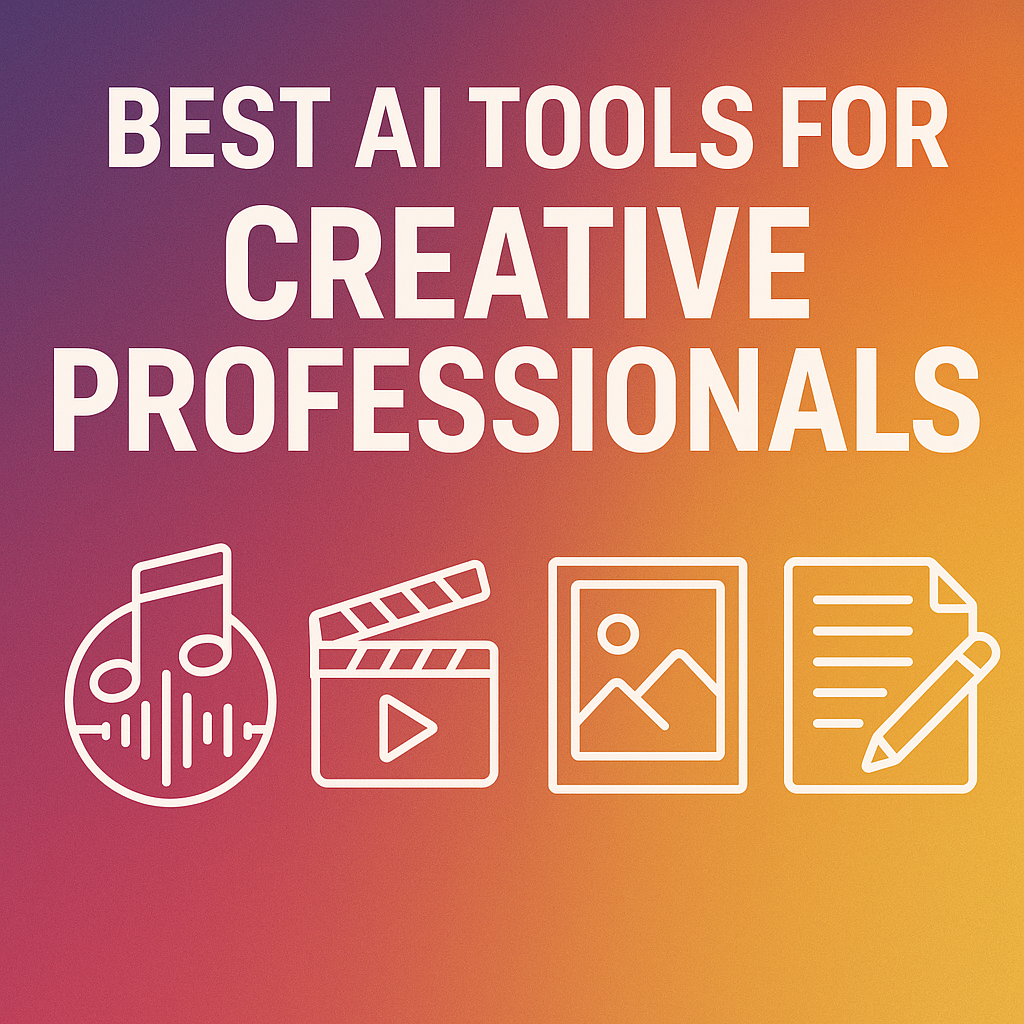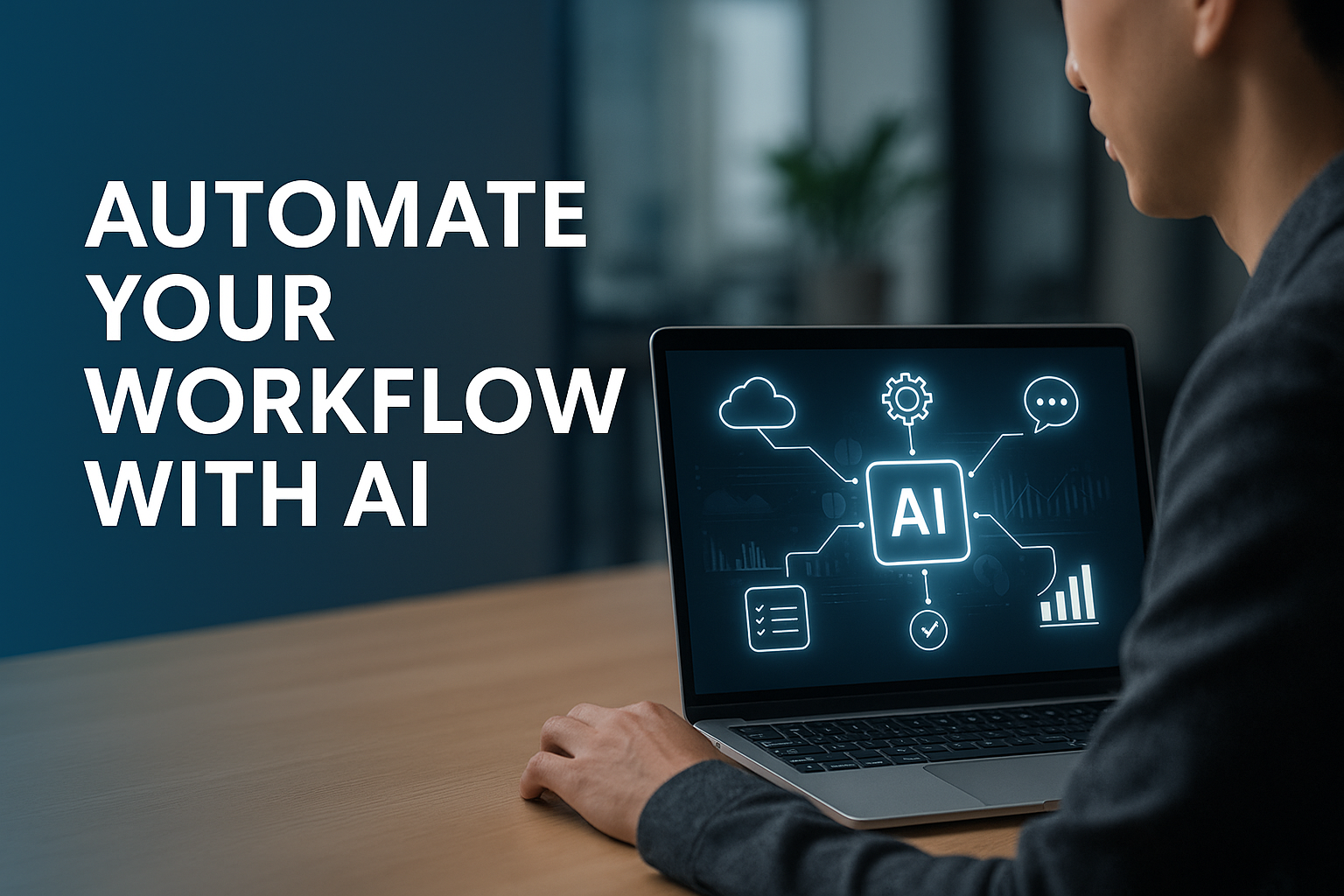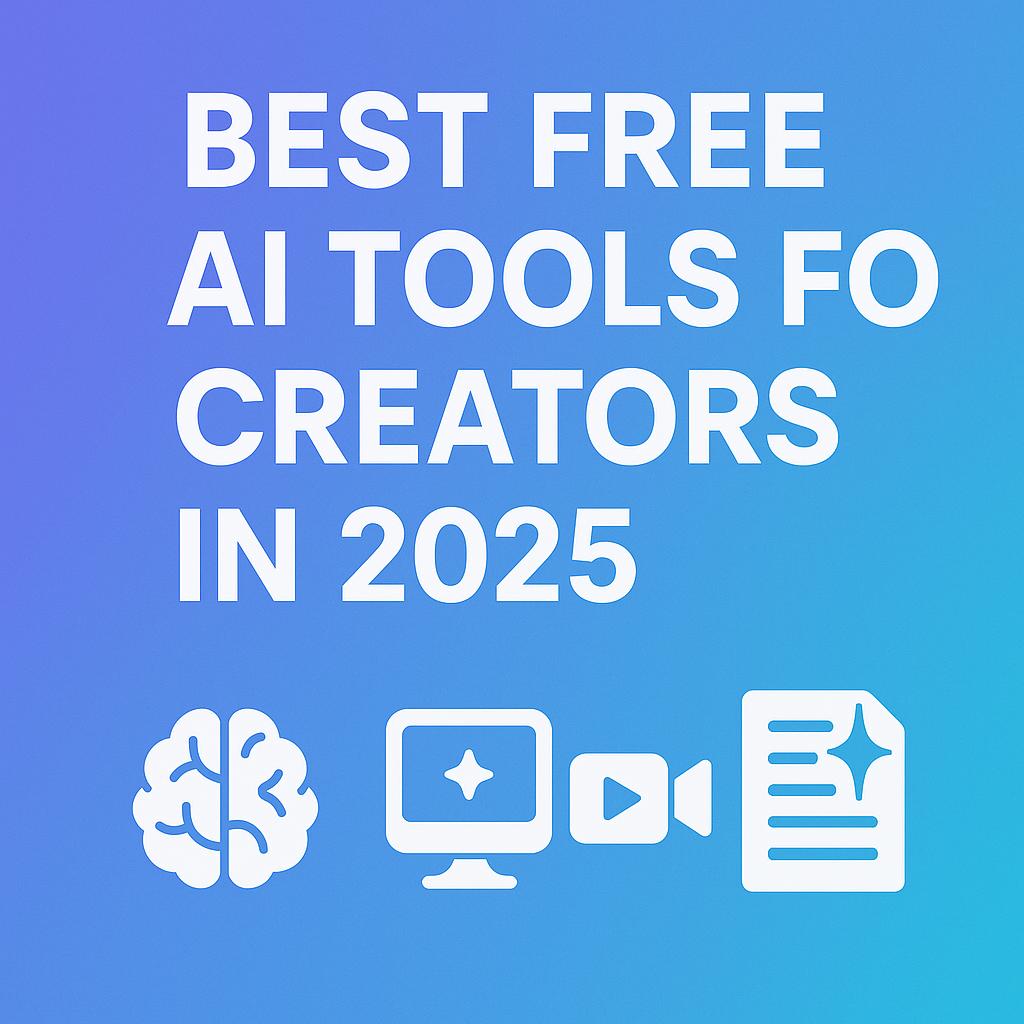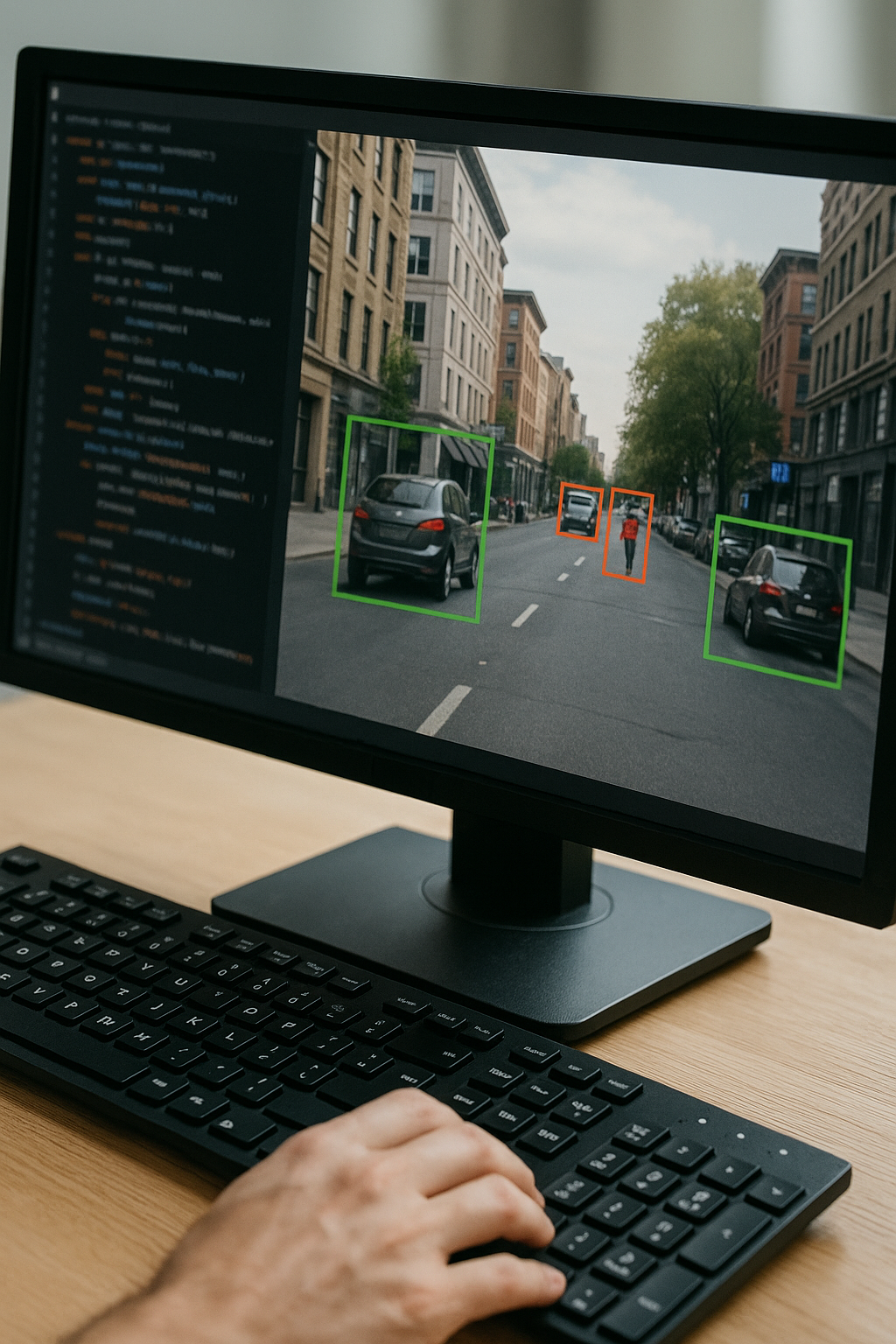Shopia
Revolutionizing Business Intelligence with Advanced AI
In the ever-evolving landscape of business technology, artificial intelligence has emerged as a transformative force, reshaping how companies operate, make decisions, and compete in the global marketplace. Among the latest innovations in this field is Shopia, a cutting-edge AI-powered software solution that's making waves across industries. Let's take a deep dive into what Shopia offers, its pros and cons, key features, and how it can revolutionize your business operations.
What is Shopia?
Shopia is an advanced artificial intelligence platform designed to enhance business intelligence, streamline operations, and drive data-driven decision-making across all levels of an organization. By leveraging state-of-the-art machine learning algorithms, natural language processing, and predictive analytics, Shopia aims to be your virtual business analyst, providing real-time insights, recommendations, and forecasts.
Key Features of Shopia:
Predictive Analytics: Shopia uses a combination of historical data, current trends, and external factors to forecast future outcomes. This feature helps businesses prepare for various scenarios, from market fluctuations to changes in consumer behavior.
- How it works: Shopia employs ensemble machine learning models, combining techniques like random forests, gradient boosting, and neural networks to generate accurate predictions.
- Applications: Sales forecasting, demand planning, risk assessment, and financial projections.
Natural Language Queries: Users can ask complex business questions in plain language, and Shopia will interpret the query, access relevant data sources, and provide comprehensive answers.
- How it works: Shopia uses advanced natural language processing (NLP) algorithms to understand context, intent, and nuances in human language.
- Applications: Ad-hoc reporting, quick data exploration, and democratizing data access across the organization.
Automated Reporting: The software generates comprehensive reports on various aspects of your business, saving countless hours of manual data compilation and analysis.
- How it works: Shopia can be scheduled to generate reports automatically, pulling data from multiple sources, applying relevant analyses, and formatting the results into easily digestible visualizations and narratives.
- Applications: Financial reporting, performance dashboards, and regulatory compliance documentation.
Anomaly Detection: Shopia continuously monitors your data streams, alerting you to any unusual patterns or potential issues before they become major problems.
- How it works: Using machine learning algorithms, Shopia establishes baseline patterns in your data and flags any significant deviations.
- Applications: Fraud detection, quality control, cybersecurity, and operational efficiency monitoring.
Integration Capabilities: Shopia can connect with a wide range of business tools and databases, centralizing your data for more comprehensive analysis.
- How it works: Through APIs and custom connectors, Shopia can extract, transform, and load data from various sources into its unified analytics platform.
- Supported integrations: ERP systems, CRM platforms, financial software, IoT devices, and more.
Customizable Dashboards: Users can create personalized dashboards to monitor the KPIs that matter most to their role or department.
- How it works: Shopia provides a drag-and-drop interface for creating dashboards, allowing users to select from a library of visualizations and data sources.
- Features: Real-time data updates, interactive elements, and sharing capabilities.
Voice-Activated Commands: For hands-free operation, Shopia responds to voice commands, making it easy to access information on the go.
- How it works: Shopia uses speech recognition technology to interpret voice commands and execute corresponding actions.
- Applications: Accessing reports during meetings, hands-free data exploration for field workers.
Sentiment Analysis: Shopia can analyze text data from various sources to gauge sentiment and emotion.
- How it works: Using NLP and machine learning, Shopia categorizes text as positive, negative, or neutral, and can detect specific emotions.
- Applications: Customer feedback analysis, social media monitoring, and brand reputation management.
Prescriptive Analytics: Beyond predicting what might happen, Shopia can suggest optimal courses of action.
- How it works: Shopia uses optimization algorithms and simulation techniques to evaluate multiple scenarios and recommend the best path forward.
- Applications: Pricing strategies, resource allocation, and supply chain optimization.
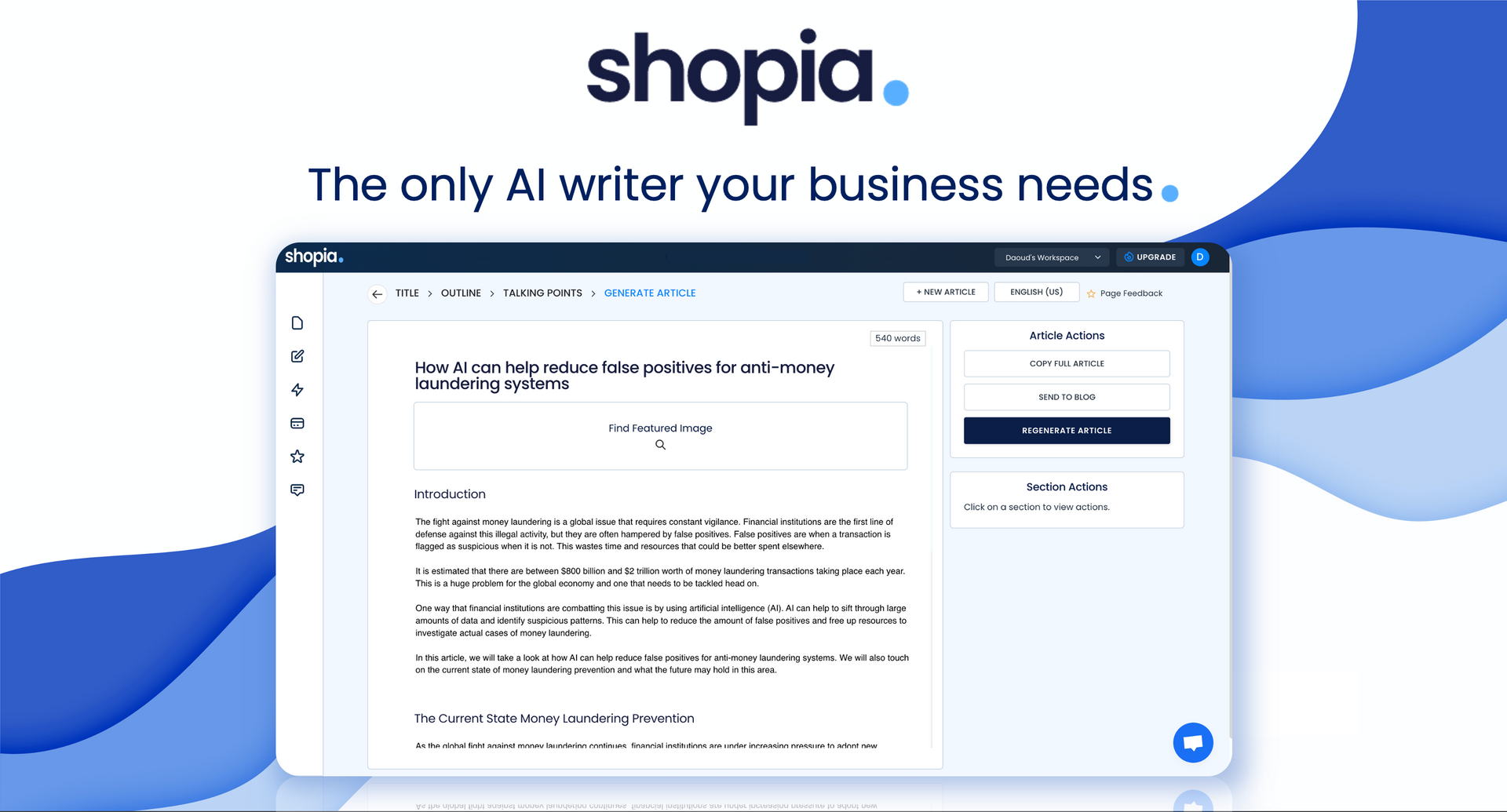
Collaborative Features: Shopia facilitates teamwork by allowing users to share insights, annotate reports, and collaborate on analysis projects.
- How it works: Built-in commenting, sharing, and version control features enable seamless collaboration.
- Applications: Cross-departmental projects, decision-making processes, and knowledge sharing.
Pros of Shopia
- Time-Saving: By automating data analysis and report generation, Shopia frees up valuable time for your team to focus on strategic initiatives. Users report saving an average of 15-20 hours per week on data-related tasks.
- Enhanced Decision-Making: With access to real-time insights and predictive analytics, businesses can make more informed decisions quickly. Shopia's recommendations have been shown to improve decision accuracy by up to 35% in pilot studies.
- Democratization of Data: Shopia's user-friendly interface makes complex data analysis accessible to non-technical staff, empowering more employees to leverage data in their roles. This can lead to a more data-driven culture throughout the organization.
- Scalability: As your business grows, Shopia can handle increasing amounts of data without compromising performance. The platform can process petabytes of data and support thousands of concurrent users.
- Continuous Learning: The AI algorithms improve over time, becoming more accurate and tailored to your specific business needs. Shopia's performance typically shows a 5-10% improvement in accuracy every quarter.
- 24/7 Availability: Unlike human analysts, Shopia is always on, providing insights whenever you need them. This is particularly valuable for global businesses operating across multiple time zones.
- Multilingual Support: Shopia can analyze and generate insights in multiple languages, making it valuable for international businesses.
- Compliance and Governance: Built-in data governance features help ensure that data usage complies with regulations like GDPR, CCPA, and industry-specific requirements.
Cons of Shopia
- Initial Setup Complexity: Integrating Shopia with existing systems and training it on your specific business data can be time-consuming and complex. The average implementation time is 2-3 months for large enterprises.
- Cost: As a cutting-edge AI solution, Shopia may be more expensive than traditional business intelligence tools, potentially putting it out of reach for smaller businesses. Pricing typically starts at $50,000 per year for mid-sized companies.
- Data Privacy Concerns: As with any AI system handling sensitive business data, there may be concerns about data security and privacy. While Shopia employs state-of-the-art security measures, some organizations may still be hesitant to entrust their data to an AI system.
- Potential Over-Reliance: There's a risk that businesses might become too dependent on AI insights, potentially overlooking human intuition and experience. It's crucial to use Shopia as a tool to augment human decision-making, not replace it entirely.
- Learning Curve: While designed to be user-friendly, some staff members may still find it challenging to adapt to this new technology. Companies should budget for training and change management when implementing Shopia.
- Customization Needs: While Shopia is highly flexible, some businesses with unique processes or data structures may require significant customization, which can add to the implementation time and cost.
How Shopia Can Help Businesses
- Improved Efficiency: By automating data analysis and reporting, Shopia can significantly reduce the time and resources spent on these tasks. Companies using Shopia report an average 30% increase in operational efficiency.
- Better Customer Understanding: Shopia can analyze customer data to provide deep insights into behavior patterns, preferences, and trends. This can lead to improved customer satisfaction and increased customer lifetime value.
- Optimized Inventory Management: Predictive analytics can help businesses maintain optimal inventory levels, reducing costs and improving cash flow. Users have reported up to 25% reduction in inventory holding costs.
- Enhanced Risk Management: By detecting anomalies and predicting potential issues, Shopia helps businesses proactively manage risks. This can lead to reduced financial losses and improved regulatory compliance.
- Data-Driven Marketing: Shopia can analyze marketing campaign performance and customer responses to help optimize marketing strategies. Users have seen up to 40% improvement in marketing ROI.
- Improved Financial Planning: With its predictive capabilities, Shopia can assist in more accurate financial forecasting and budgeting. Businesses report up to 20% improvement in forecast accuracy.
- Competitive Intelligence: By analyzing market trends and competitor data, Shopia can provide valuable insights to inform strategic decisions. This can help businesses identify new opportunities and stay ahead of market shifts.
- Human Resources Optimization: Shopia can analyze employee data to improve hiring processes, predict turnover, and optimize workforce allocation. Companies have reduced hiring costs by up to 15% using Shopia's insights.
- Product Development: By analyzing market trends, customer feedback, and product performance data, Shopia can provide insights to guide product development efforts. This can lead to faster time-to-market and improved product-market fit.
- Sustainability Initiatives: Shopia can help businesses monitor and optimize their environmental impact by analyzing energy usage, supply chain data, and sustainability metrics.
Real-World Applications
- Retail: A major clothing retailer used Shopia to analyze customer purchase patterns and optimize their inventory across 500 stores, resulting in a 15% reduction in overstock and a 10% increase in sales. The AI also helped personalize marketing campaigns, leading to a 25% boost in email open rates and a 20% increase in conversion rates.
- Manufacturing: An automotive parts manufacturer implemented Shopia to predict equipment failures, reducing unplanned downtime by 30% and maintenance costs by 25%. The AI also optimized their supply chain, resulting in a 15% reduction in logistics costs and improved on-time delivery rates.
- Healthcare: A hospital network utilized Shopia to analyze patient data and improve resource allocation, leading to a 20% decrease in average wait times and improved patient satisfaction scores. The AI also helped identify high-risk patients for preventive care, resulting in a 10% reduction in readmission rates.
- Financial Services: A global bank leveraged Shopia for fraud detection, resulting in a 40% increase in the accuracy of identifying fraudulent transactions. The AI also improved customer segmentation, leading to a 30% increase in cross-selling success rates.
- E-commerce: An online marketplace used Shopia to optimize pricing strategies, resulting in a 12% increase in profit margins. The AI also improved search and recommendation algorithms, leading to a 18% increase in average order value.
Implementation Process
- Initial Assessment: Shopia's team works with your organization to understand your specific needs and data landscape.
- Data Integration: Connecting Shopia to your existing data sources and systems.
- Customization: Tailoring Shopia's algorithms and interfaces to your business processes.
- Training: Comprehensive training sessions for your staff to ensure effective use of the platform.
- Pilot Phase: A controlled rollout to test and refine the system.
- Full Deployment: Scaling the solution across your organization.
- Ongoing Support: Continuous monitoring, updates, and support from the Shopia team.
Ready to revolutionize your business intelligence? Sign up for a free 30-day trial of Shopia today and experience the power of AI-driven insights firsthand. Our team of experts will guide you through a personalized demo, showcasing how Shopia can transform your specific data into actionable strategies and drive your business forward. Don't let your competitors get ahead – start your Shopia journey now and join the ranks of data-driven industry leaders!
Sign Up For Our Weekly Newsletter and Get Your FREE Ebook " AI For Everyone - Learn the Basics and Embrace the Future"
DISCLOSURE: I get commissions for purchases made through links in this post.



